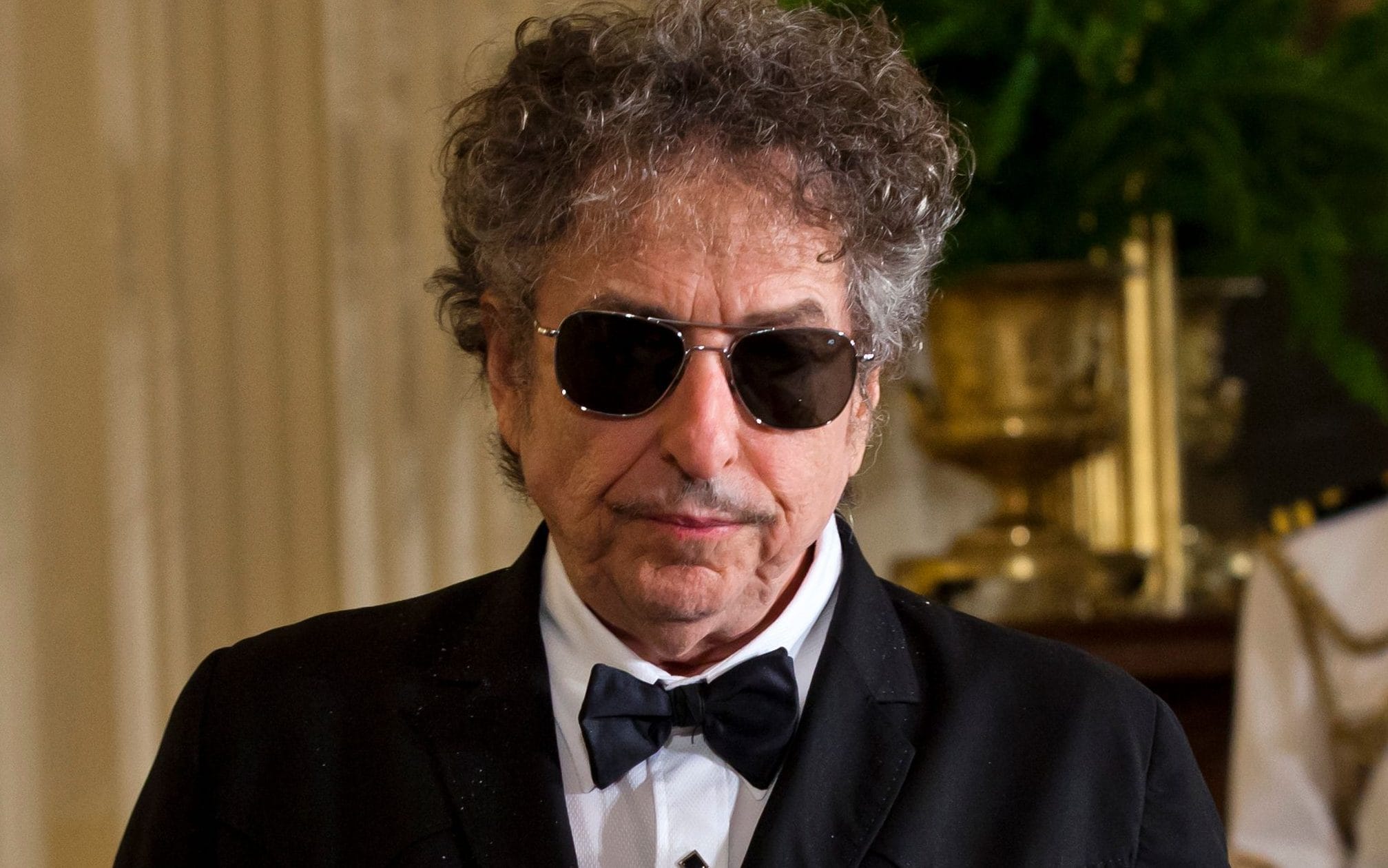
Bob Dylan’s ‘Incredibly Unusual’ Decisions That Let Him Own All His Songs
How did Dylan manage to get ownership of so much of his song catalog, which was almost all his by 1990?
When Bob Dylan sold his publishing catalog to Universal Music Group, both fans and industry executives were most curious about the price. Others had another question: How did Dylan manage to get ownership of so much of his song catalog, which was almost all his by 1990?
When Dylan started his career in the early 1960s, standard music publishing contracts gave the songwriter a 50% cut of royalties, and the publisher the other 50%. Songwriters typically signed contracts that gave a publisher two terms of copyright ownership, of 28 years each, for a total of 56 years.
In 1962, Dylan signed his first publishing deal, with Leeds Music Publishing; then, later that year, he signed another deal with Witmark & Sons, according to Phil Hardy‘s book Nickels & Dimes: Music Publishing & Its Administration in the Modern Age. Told that he couldn’t sign with two publishers at the same time, Dylan was instructed by legendary executive Artie Mogull, then a top executive at Witmark, to try to buy his way out of the Leeds deal. Dylan succeeded. But his early songs, including the two originals on his first album, were still owned by Leeds, which was subsequently acquired by MCA, an earlier incarnation of the Universal Music Group. So that means Universal already owned the copyrights to Dylan’s songs on his first album.
Dylan’s songwriting contract with Leeds was apparently typical for its time. The 1976 Copyright Act gives creators, including songwriters, the right to reclaim the copyright to their work – after 35 years for songs created after 1978 and after what usually amounts to 56 years for songs created before then. Dylan filed a notice of copyright termination for the songs on his first album on Feb. 17, 2010, according to the U.S. Copyright Office. The reversion became effective on June 30, 2018 – 56 year after the album was released. While Dylan got back those copyrights in the U.S., other countries don’t provide for termination rights, so those songs were already owned by Universal elsewhere. (Dylan also filed termination notices for his copyrights on arrangements of a few songs he covered.)
Dylan doesn’t seem to have filed any other termination notices with the Copyright Office, which is unusual for a songwriter who was signed to a publishing deal in the early 1960s. So how did he, according to published reports, come to own the rest of his catalog by 1990? And how did someone who started his career naïve enough to sign two publishing deals within months of one another, come to make such savvy decisions later in his career? He seems to have benefitted from both serious business acumen, according to sources, as well as very good advice.\
“Dylan has this enormous intellectual curiosity about how the business was run, often asking how things work,” says a retired Sony Music executive who occasionally dealt with Dylan in the 1970s and 1980s. “It was the other side of the coin for his creative genius as a songwriter and an artist.”
With his new manager, Albert Grossman, Dylan made the Witmark deal a co-publishing agreement under which Dylan and Grossman owned half the publishing and Witmark owned the other half, according to Hardy’s book. But instead of signing with Witmark under the standard contract that covered two terms of copyright, Dylan had the foresight to make a deal for just one term of 28 years. That means he regained full ownership of the songs created under the contract beginning in 1990.
It was “incredibly astute and incredibly unusual,” says an executive who deals in the buying and selling of publishing catalogs. While this was very unusual, it wasn’t unique to Dylan. A songwriters’ organization of the time gave out prototype contracts that called for assigning one term of copyright.
In 1965, Dylan and Grossman set up Dylan’s first publishing company, Dwarf Music, which they owned together, according to a Nov. 20 1965 article in Billboard, and hired Mogull to run. In 1969, that deal ended, with Dylan controlling the administration for the songs and Grossman maintaining a stake in them. That year, Dylan set up a publishing company by himself, Big Sky Music; it was succeeded by Ram’s Horn Music and later Special Rider Music, both of which gave Dylan complete ownership of all the songs he has written since.
It took a lawsuit, and a subsequent settlement with Grossman’s estate, according to The Bob Dylan Copyright Files by Tim Dunn, for Dylan to regain full control and ownership of the Dwarf Music and Big Sky songs.

Leave a Reply